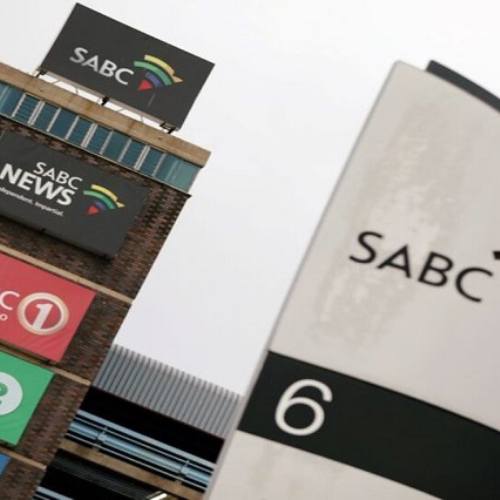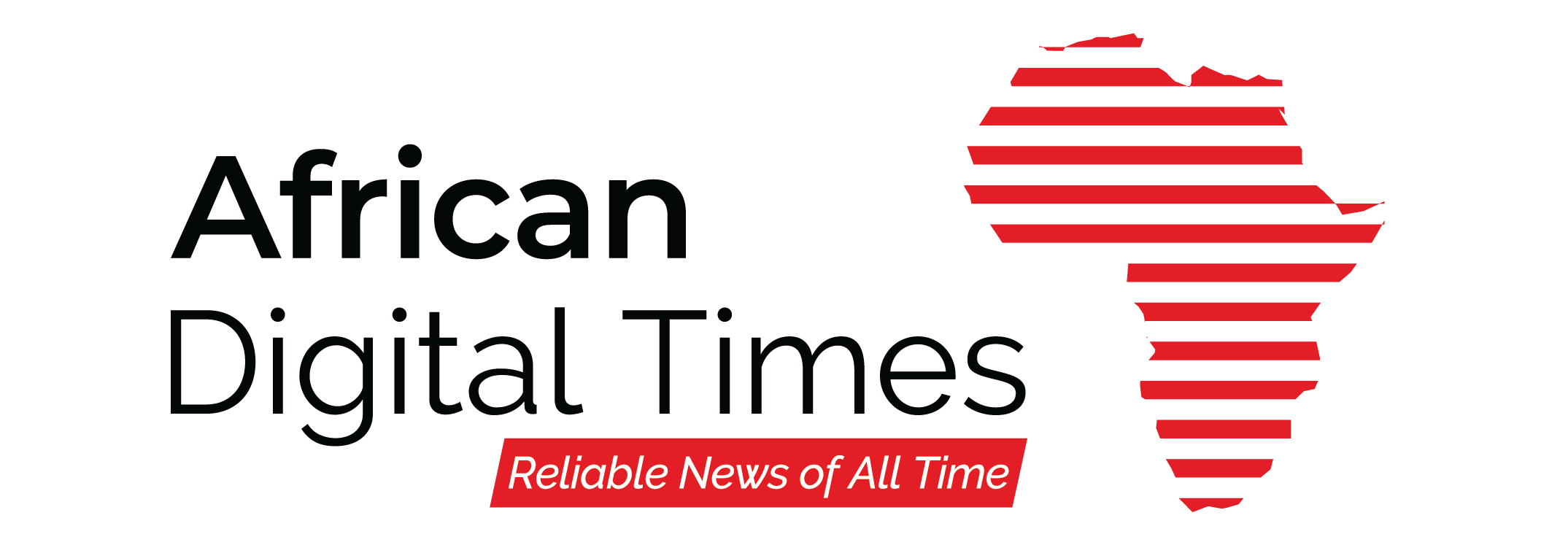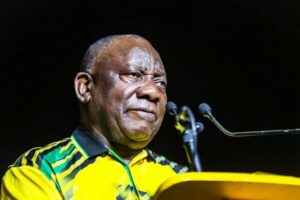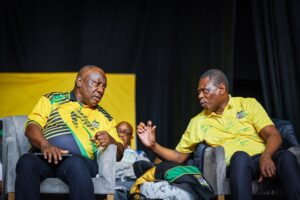
The High Court in Johannesburg is today expected to hear former President Jacob Zuma and the Umkhonto we Sizwe (MK) party’s legal challenge against the use of the term ‘Government of National Unity’ (GNU) by the South African Broadcasting Corporation (SABC).
In papers before the court, they argue that the African National Congress (ANC) and the Democratic Alliance (DA) signed a Statement of Intent (SOI) and invited other political parties to join after which nine other organizations heeded the call.
The parties mentioned that the ANC might engage in a propaganda campaign without the need for accuracy to appeal to its supporters. However, they also stated that the SABC has a greater responsibility and statutory role in disseminating information, and has ignored requests to stop using the term despite alleged expert analysis. The public broadcaster is expected to reference Section 16 of the Constitution in its opposition to the application.
The applicants filed an urgent application for declaratory relief, alleging that the use of the GNU term is invalid and unconstitutional. The parties argue that it is illegal for the SABC, an organization with constitutional obligations, to replicate what they call an ‘inaccurate and subjective’ term for the current political situation.
They argue that the public broadcaster’s actions violate its obligation to be independent, objective, and impartial. Zuma and the MK party are basing their argument on different definitions of a government of national unity. These definitions state that such a government would typically come after a period of conflict or national emergency, and that the current situation does not fit the definition of a government of national unity, as it is a result of regular democratic processes.




